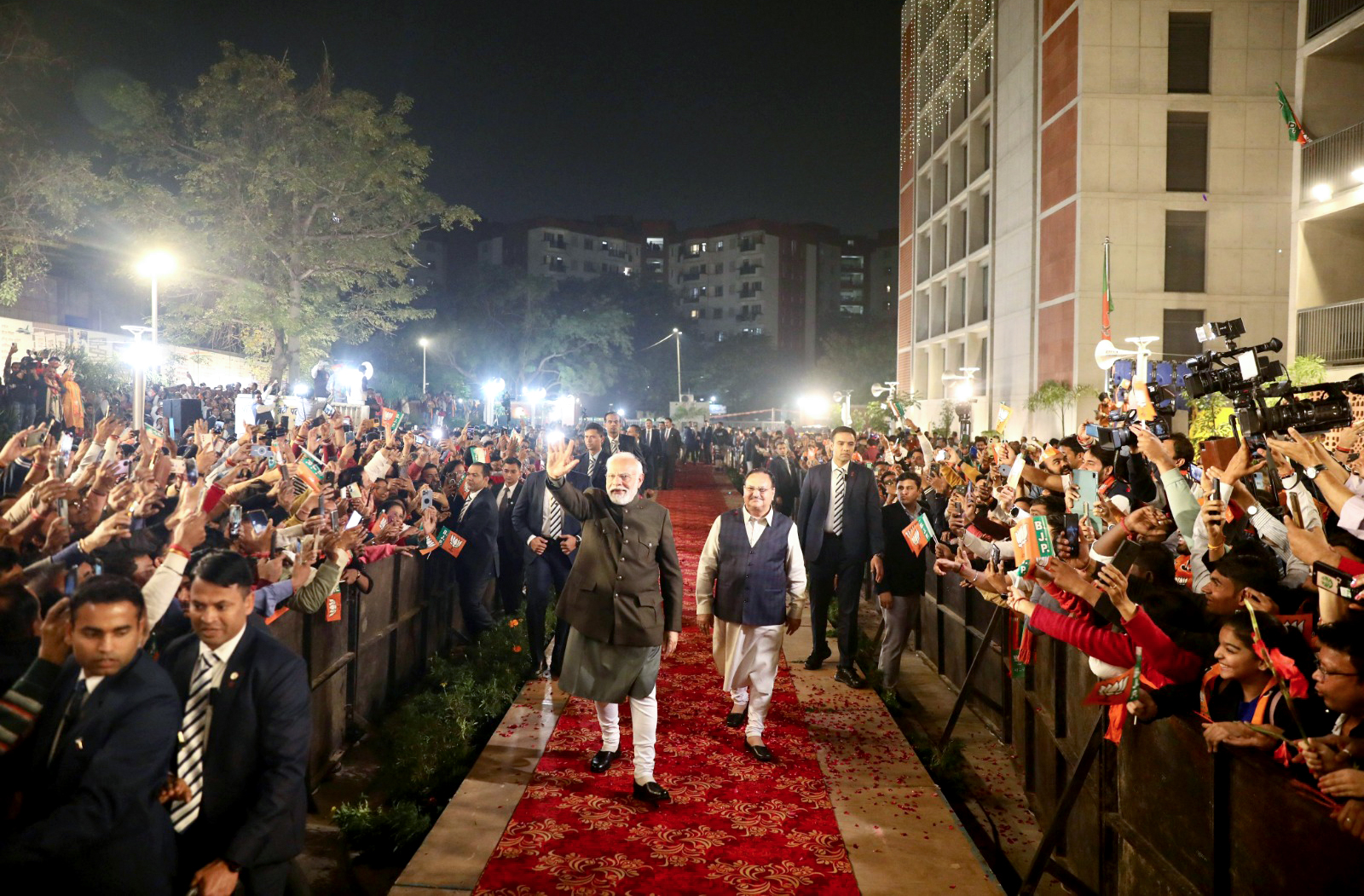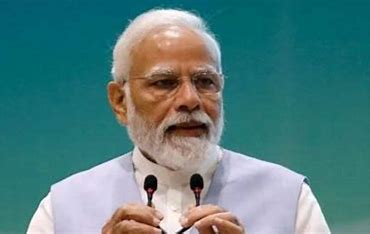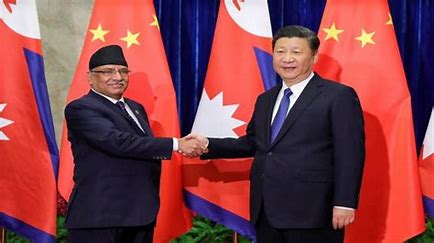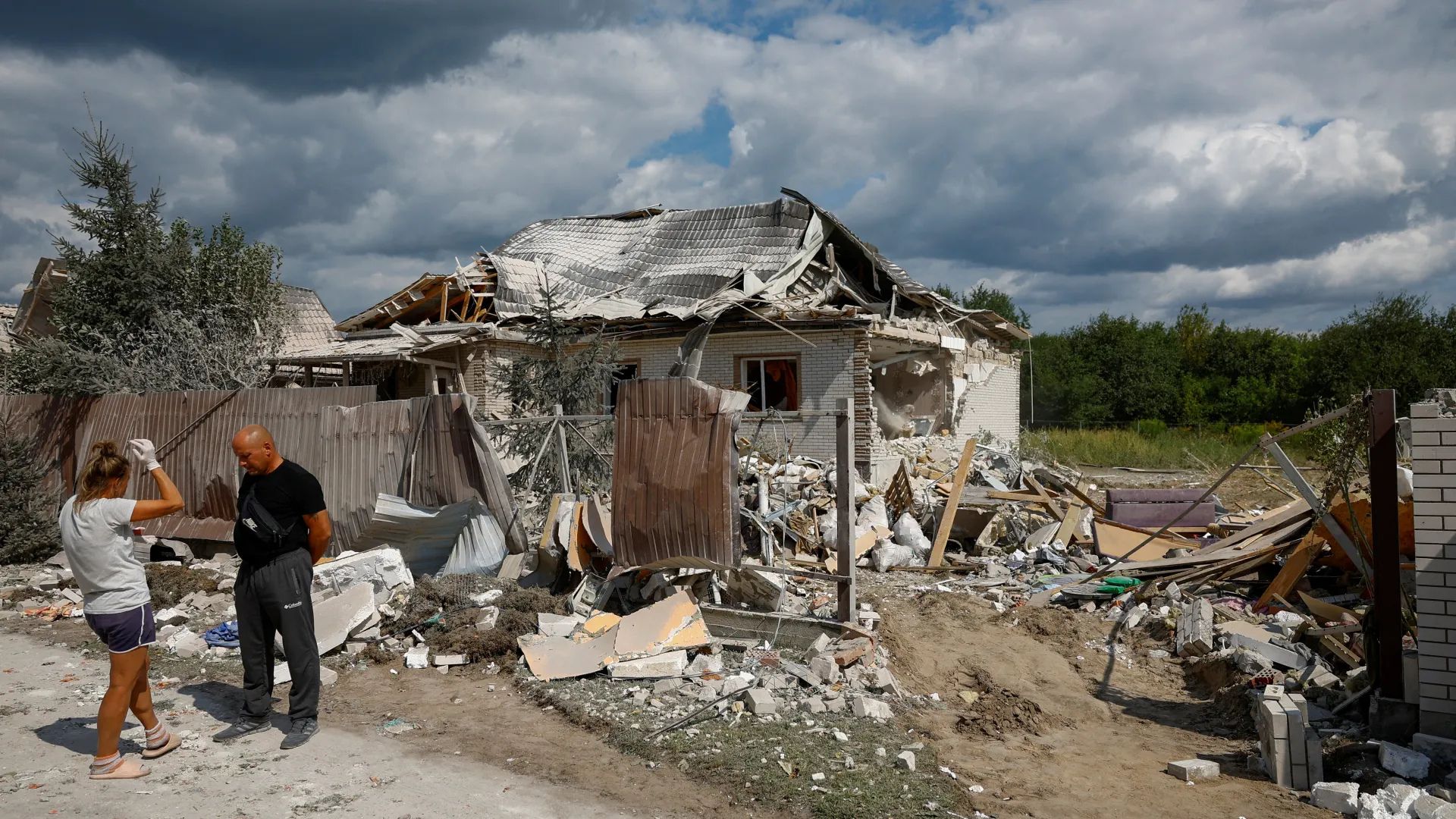
India’s state election results in three key Hindi heartland states—Madhya Pradesh, Rajasthan and Chhattisgarh—with a decisive win for the ruling Bharatiya Janata Party has come as a positive surprise and is expected to ally market concerns over political risks and fiscal populism at the margin, according to Nomura analysts. The Rating agency notes the BJP’s win as an endorsement of Prime Minister Narendra Modi’s continued mass appeal, which also reflects the ongoing trend of competitive populism.
According to the Nomura report by Sonal Varma and Aurodeep Nandi, some investors were worried that a poor showing by BJP in the state elections would increase the risk of more fiscal populism. “The actual results should calm such fears,” say Varma and Nandi. However, the analysts believe that competitive populism will remain a theme for the 2024 general elections. While state election results have not been a good leading indicator of general election results, investors will most likely view these developments positively in anticipation of reduced policy risks into 2024.
This is interesting in the context of a Crisil research on the capital outlay of top 18 states which is set to increase 18-20 per cent in this fiscal (FY24), following 14 per cent growth in fiscal 2023. Madhya Pradesh, Rajasthan and Chhattisgarh were among the key states surveyed in this report. In Madhya Pradesh, Rajasthan and Chhattisgarh, the increase in spending will be supported by healthy goods and services tax (GST) collection, stable and upfront devolution from the Central Government (share in central taxes, or SICT) and allocation of Rs 1.3 lakh crore (Rs 1 lakh crore budgeted last fiscal) in the form of interest-free loans to all the states for capital expenditure, finds the CRISIL.
Anuj Sethi, Senior Director, CRISIL Ratings finds that this fiscal, states have budgeted a strong 43 per cent increase in their capital outlays from fiscal 2023 level 2. If actual spending continues at past averages of 82-85 per cent of the budgeted outlay, it would translate to 18-20 per cent growth this fiscal.
The report observes that the BJP successfully fought anti-incumbency sentiment in Madhya Pradesh, despite four terms in power, which is a vote of confidence in the state government. While Rajasthan’s elections tend to have an anti-incumbency trend, as the report points out, the margin of victory for the BJP was much larger. However, Nomura finds that “the biggest feather in BJP’s cap” comes from Chhattisgarh where, although the incumbent INC was expected by surveys to retain power, the BJP ended up scoring a comfortable victory.
The Nomura report observes that the BJP did not name any Chief Ministerial candidate in the run-up to the state elections, essentially campaigning under the brand of PM Modi—a strategy that didn’t yield results in the Karnataka elections but seems to have worked in the Hindi heartland states. The report also acknowledges the popularity of state level leaders, particularly the incumbent Chief Minister in Madhya Pradesh, Shivraj Singh Chouhan.













